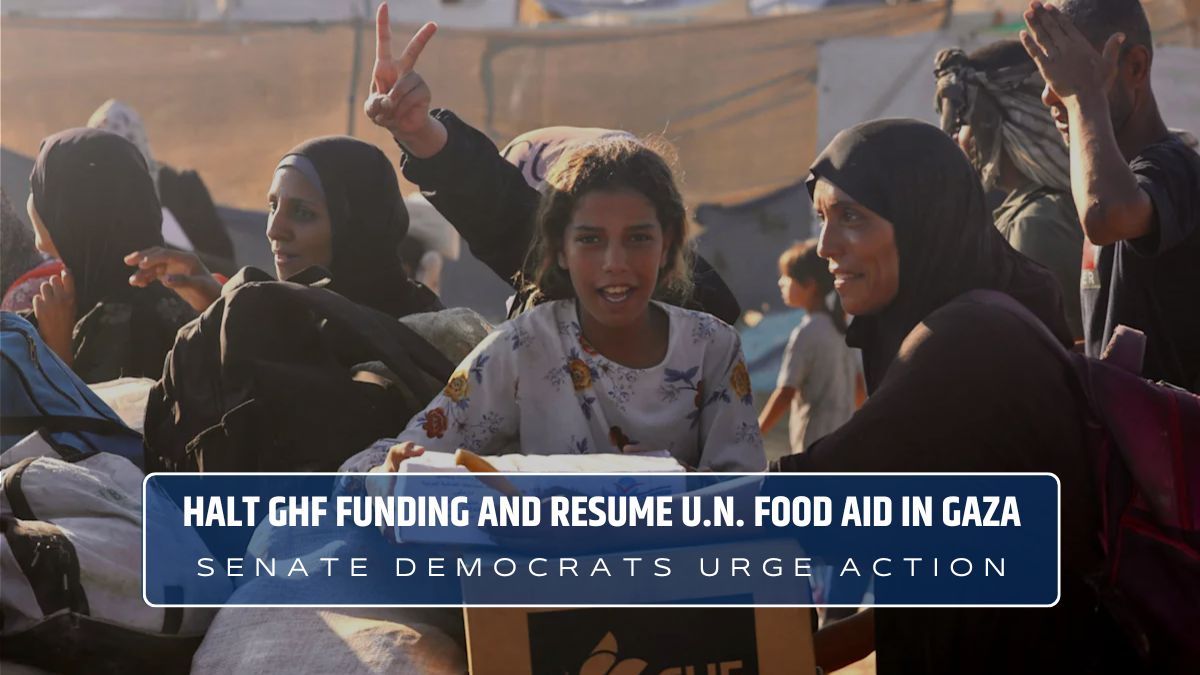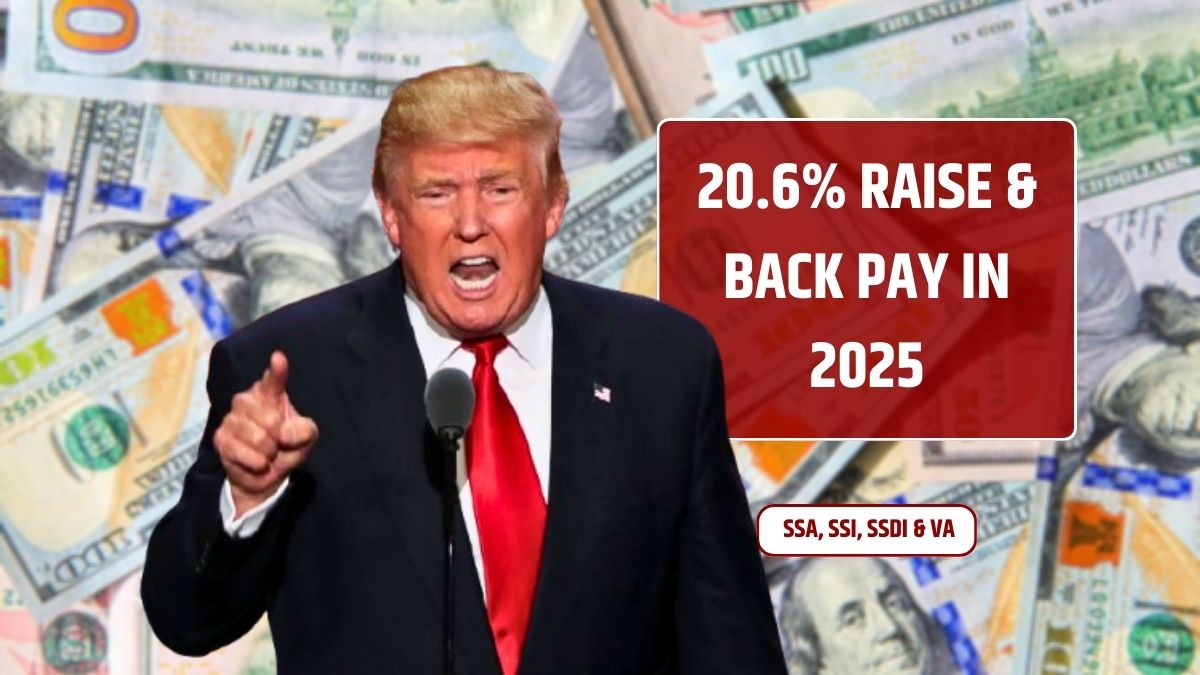A group of 21 Democratic senators, led by Sen. Chris Van Hollen of Maryland, is demanding the Trump administration immediately suspend U.S. funding to the controversial Gaza Humanitarian Foundation (GHF). The private aid group, heavily backed by the Israeli government, has faced sharp criticism from humanitarian agencies and foreign leaders for its operational methods, which have reportedly contributed to the deaths of hundreds of starving Gazans trying to access food.
In a letter sent Sunday to Secretary of State Marco Rubio, the senators expressed “grave concerns” about the $30 million U.S. pledge to GHF, citing both operational failures and the bypassing of normal oversight procedures. The senators are calling for the reinstatement of traditional U.N.-led food aid distribution, which they argue is more accountable, effective, and grounded in international law.
What’s Driving the Concern?
The humanitarian situation in Gaza has worsened drastically in recent months, with nearly a quarter of the population facing famine conditions. Since late May, more than 1,000 Palestinians have been killed while attempting to access food, according to the U.N., with 766 of those deaths occurring at or near GHF distribution points.
GHF’s model requires Gazans to travel through active military zones to reach aid hubs guarded by Israeli Defense Forces (IDF) and armed U.S. private contractors. Critics argue this violates humanitarian neutrality principles and puts desperate civilians at lethal risk.
Senators’ Demands
The senators’ letter seeks full transparency from the State Department, including:
- GHF’s complete funding application and supporting documentation.
- Details on any waivers issued for standard vetting, audits, and oversight procedures.
- Names of signatories on the GHF agreement and clarification of legal liability for violations.
- An explanation of why USAID concerns about GHF’s capacity and safety record were not addressed before allocating funds.
Van Hollen told CBS’s Face the Nation that U.S. taxpayer dollars are supporting “a death trap backed by mercenaries and the IDF,” noting the shocking civilian toll at GHF sites.
International Backlash
U.S. allies have also publicly condemned GHF. French Foreign Minister Jean-Noël Barrot said on the same CBS program that the foundation’s methods have led to a “bloodbath” and urged Israel to end GHF operations immediately. U.N. Secretary-General António Guterres described the situation as a “catastrophe” and noted the daily deaths of civilians trying to access food aid.
Philippe Lazzarini of the U.N. agency for Palestinian refugees (UNRWA) called GHF “an abomination” and accused it of causing more harm than help. He also warned that centralized, militarized aid access under GHF prevents the most vulnerable—including malnourished children—from reaching essential supplies.
GHF Response and Defense
GHF says it has distributed more than 91 million meals in Gaza, blaming the U.N. for inefficiencies and politics that prevent aid from being moved quickly. The group’s leadership, including Executive Chairman Johnnie Moore, has publicly accused the U.N. of aligning with Hamas and prolonging the crisis by failing to distribute stockpiled aid.
A GHF spokesperson, Chapin Fay, posted a video blaming the U.N. for letting trucks sit unused and claimed GHF was “doing what needs to be done.”
But a former GHF contractor, Anthony Aguilar, a U.S. Army veteran, described the situation on the ground as “criminal.” He told the BBC that he witnessed Israeli tanks firing into unarmed crowds and called the operation “amateur.” GHF dismissed his testimony, saying he was terminated for misconduct and that his claims were false.
Broader Aid Crisis
While GHF and U.N. agencies continue to blame each other, the situation in Gaza worsens. UNICEF warns its supplies of Ready-to-Use Therapeutic Food (RUTF) for severely malnourished children will run out by mid-August unless more aid is allowed in. The agency has only enough RUTF to treat 3,000 children, though it treated 5,000 in just the first half of July.
Airdrops of food, initiated by Israel and supported by Jordan and the UAE, have been largely ineffective, with reports of supplies falling on civilians. Aid groups say Gaza’s limited space and dense population make safe airdrops nearly impossible.
The U.N. says hundreds of trucks filled with food and medicine are ready but are stalled due to slow or denied permissions from Israeli authorities, delaying deliveries for up to two days at a time.
As the crisis spirals, international leaders from France, the UK, and Germany have called for an immediate ceasefire and the lifting of all Israeli restrictions on aid.
FAQs
Why are senators opposing GHF funding?
Due to high civilian deaths at GHF sites and lack of oversight.
What is the Gaza Humanitarian Foundation?
A private food aid group backed by Israel and U.S. funding.
How many people died near GHF aid sites?
At least 766, according to U.N. reports since late May.
Is the U.N. still providing aid in Gaza?
Yes, but it’s facing blockages and denied access by Israel.
What does UNICEF say about food supply?
It may run out of child malnutrition treatment by mid-August.












